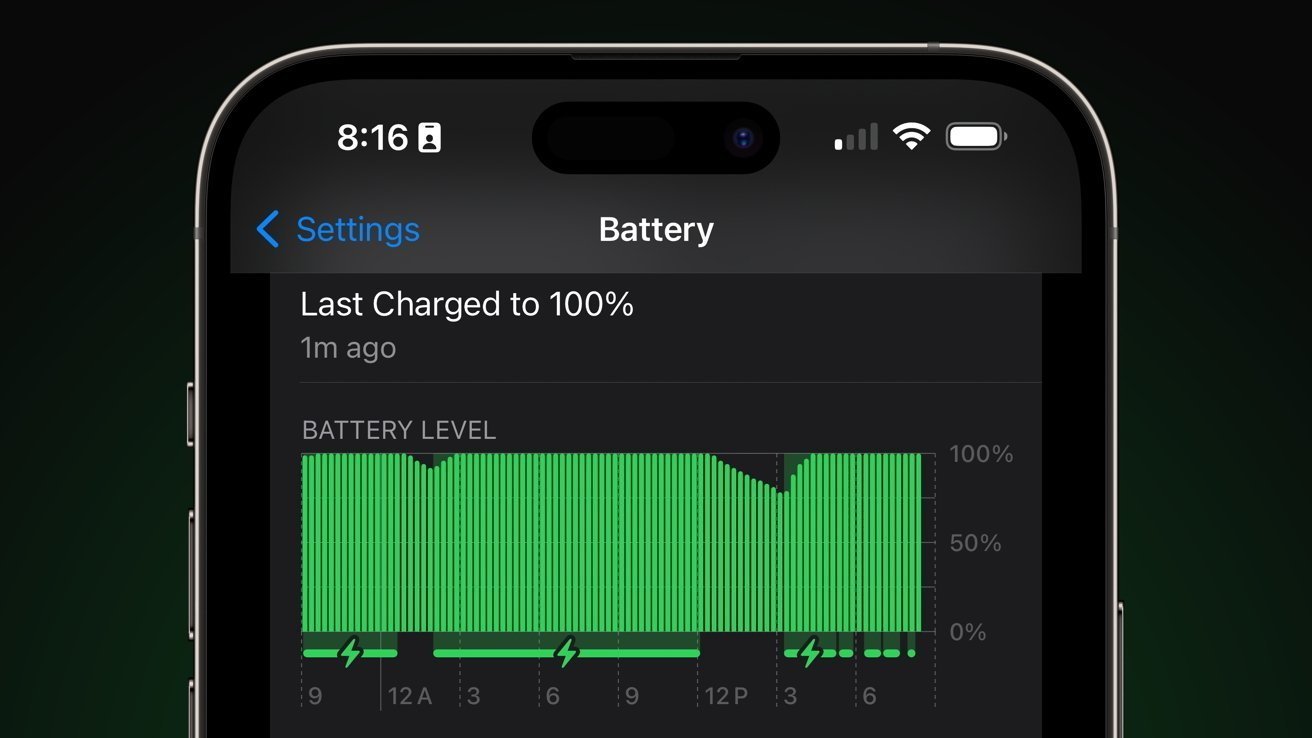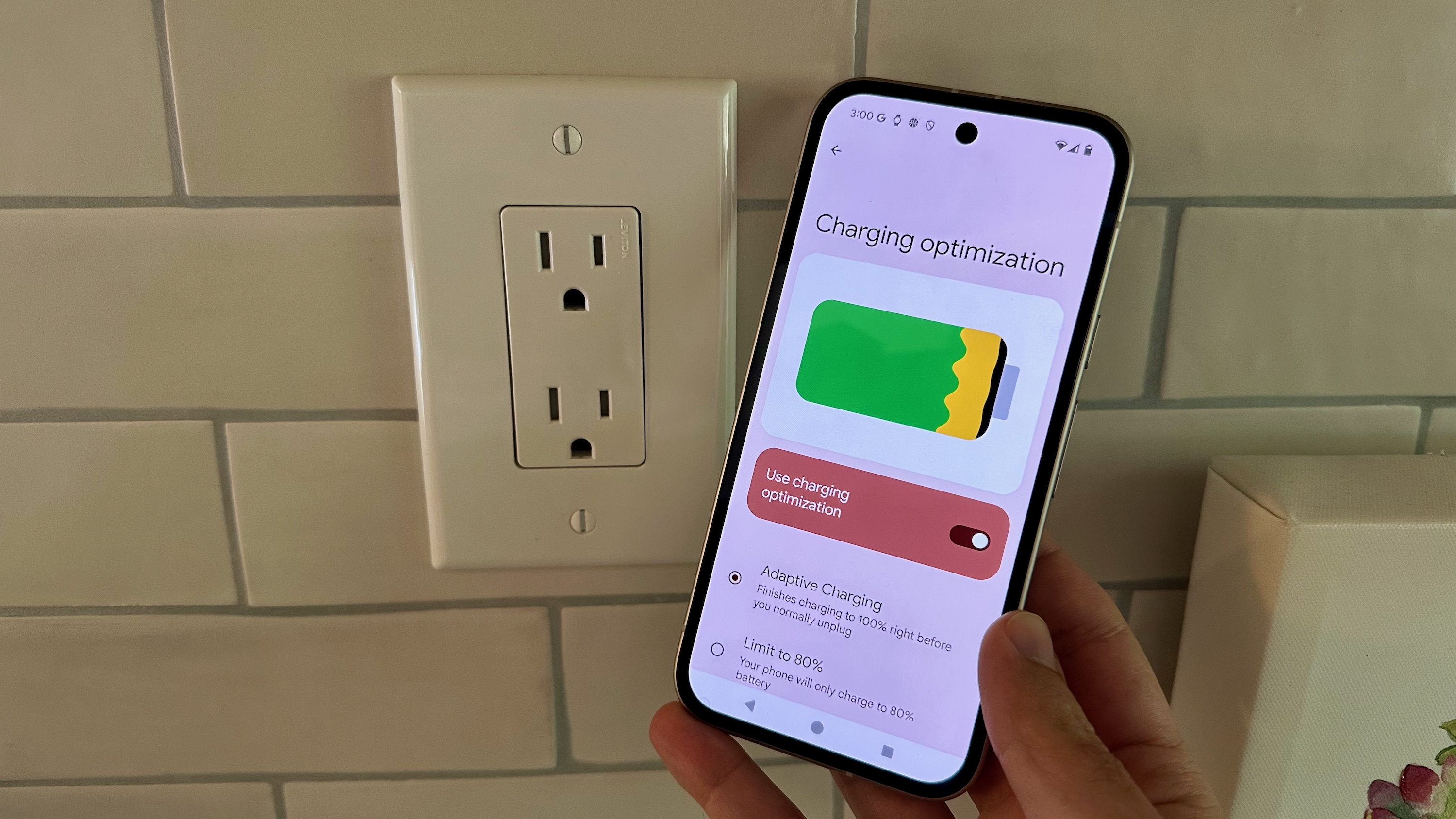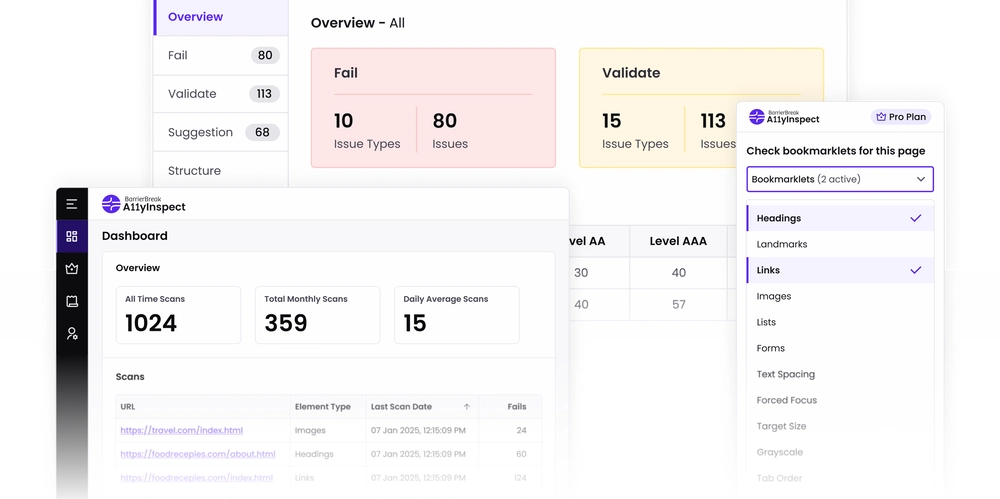Understanding Domain Authority: What It Is and How to Achieve a High Score
In the labyrinthine world of search engine optimization (SEO), one term that frequently surfaces is "Domain Authority" (DA). This metric, developed by Moz, serves as a predictive score reflecting the likelihood of a website ranking high on search engine results pages (SERPs). A high Domain Authority can significantly enhance your website's visibility, credibility, and overall traffic. This article aims to demystify Domain Authority, explore its significance, and provide actionable strategies to enhance your DA score. What is Domain Authority? Domain Authority is a logarithmic score, ranging from 1 to 100, that estimates how well a domain will perform in search engine rankings. The higher the score, the greater the potential for a site to rank well. It is crucial to understand that DA is not a direct ranking factor used by search engines like Google; instead, it is a comparative metric designed to gauge the strength of a website relative to its competitors. The calculation of Domain Authority involves multiple factors, including: Linking Root Domains: The number and quality of unique websites linking to your site. Total Backlinks: The overall number of inbound links. Quality of Links: Influential links from high-authority domains can significantly impact your DA. Content Quality: High-quality, relevant content can attract more backlinks and improve DA over time. Social Signals: Although not a direct factor, social media engagement can lead to greater visibility and, consequently, more backlinks. The Importance of Domain Authority Search Engine Rankings: While it is not a ranking factor, a higher Domain Authority correlates with better search engine performance. Websites with high DA scores are often favored by search engines, increasing the chances of appearing on the first page of results. Credibility and Trust: A higher DA score can enhance a website’s credibility. Users are more likely to trust and engage with a site that has established authority, leading to increased traffic and conversions. Competitive Analysis: DA can be a useful tool for understanding your competition. By analyzing your DA alongside competitors, you can identify areas for improvement and formulate strategies to outrank them. Link Building: When seeking to build backlinks, websites with higher DA scores are often more desirable. A higher DA can attract more quality links, creating a positive feedback loop that further enhances your score. How to Achieve a High Domain Authority Achieving a high Domain Authority is not an overnight process; it requires consistent effort and strategic planning. Below are several actionable strategies to improve your DA score: 1. Create High-Quality Content Content is the cornerstone of any successful website. To boost your DA, focus on producing valuable, relevant, and engaging content that resonates with your audience. This will not only attract visitors but also encourage other websites to link back to your content. Research and Identify Topics: Use tools like Google Trends, SEMrush, or Answer the Public to find trending topics in your niche. Optimize for SEO: Ensure your content is optimized for search engines, including keyword research, meta descriptions, and headers. Redistribute and Repurpose Content: Publishing your content across multiple platforms, known as crossposting, is a superpower when done right. It enhances reach, builds quality backlinks, and boosts domain authority. Tools like Crosspost can help you achieve this effectively. 2. Build Quality Backlinks Quality backlinks are one of the most critical factors in determining your Domain Authority. Focus on acquiring links from reputable websites within your industry. Guest Blogging: Write high-quality guest posts for established blogs in your niche and include links back to your website. Collaborate with Influencers: Partnering with influencers can help you reach a broader audience and gain quality backlinks. Use Resource Pages: Identify resource pages relevant to your niche and request inclusion. 3. Optimize On-Page SEO On-page SEO plays a vital role in improving your website's visibility and, consequently, its Domain Authority. Improve Page Load Speed: A fast-loading site enhances user experience and can improve rankings. Mobile Optimization: Ensure your website is mobile-friendly, as search engines prioritize mobile-optimized sites. Utilize Internal Linking: Strategically link to other pages within your site to enhance navigation and distribute authority. 4. Enhance User Experience (UX) A website that offers a seamless user experience can reduce bounce rates and increase time spent on the site, both of which are positive signals to search engines. Clean Design: Ensure your website has a clean and intuitive design that makes it easy for users to find information. Engaging Calls to Action (CTAs): Use effective CTAs to guide visitors toward

In the labyrinthine world of search engine optimization (SEO), one term that frequently surfaces is "Domain Authority" (DA). This metric, developed by Moz, serves as a predictive score reflecting the likelihood of a website ranking high on search engine results pages (SERPs). A high Domain Authority can significantly enhance your website's visibility, credibility, and overall traffic. This article aims to demystify Domain Authority, explore its significance, and provide actionable strategies to enhance your DA score.
What is Domain Authority?
Domain Authority is a logarithmic score, ranging from 1 to 100, that estimates how well a domain will perform in search engine rankings. The higher the score, the greater the potential for a site to rank well. It is crucial to understand that DA is not a direct ranking factor used by search engines like Google; instead, it is a comparative metric designed to gauge the strength of a website relative to its competitors.
The calculation of Domain Authority involves multiple factors, including:
Linking Root Domains: The number and quality of unique websites linking to your site.
Total Backlinks: The overall number of inbound links.
Quality of Links: Influential links from high-authority domains can significantly impact your DA.
Content Quality: High-quality, relevant content can attract more backlinks and improve DA over time.
Social Signals: Although not a direct factor, social media engagement can lead to greater visibility and, consequently, more backlinks.
The Importance of Domain Authority
Search Engine Rankings: While it is not a ranking factor, a higher Domain Authority correlates with better search engine performance. Websites with high DA scores are often favored by search engines, increasing the chances of appearing on the first page of results.
Credibility and Trust: A higher DA score can enhance a website’s credibility. Users are more likely to trust and engage with a site that has established authority, leading to increased traffic and conversions.
Competitive Analysis: DA can be a useful tool for understanding your competition. By analyzing your DA alongside competitors, you can identify areas for improvement and formulate strategies to outrank them.
Link Building: When seeking to build backlinks, websites with higher DA scores are often more desirable. A higher DA can attract more quality links, creating a positive feedback loop that further enhances your score.
How to Achieve a High Domain Authority
Achieving a high Domain Authority is not an overnight process; it requires consistent effort and strategic planning. Below are several actionable strategies to improve your DA score:
1. Create High-Quality Content
Content is the cornerstone of any successful website. To boost your DA, focus on producing valuable, relevant, and engaging content that resonates with your audience. This will not only attract visitors but also encourage other websites to link back to your content.
Research and Identify Topics: Use tools like Google Trends, SEMrush, or Answer the Public to find trending topics in your niche.
Optimize for SEO: Ensure your content is optimized for search engines, including keyword research, meta descriptions, and headers.
Redistribute and Repurpose Content: Publishing your content across multiple platforms, known as crossposting, is a superpower when done right. It enhances reach, builds quality backlinks, and boosts domain authority. Tools like Crosspost can help you achieve this effectively.
2. Build Quality Backlinks
Quality backlinks are one of the most critical factors in determining your Domain Authority. Focus on acquiring links from reputable websites within your industry.
Guest Blogging: Write high-quality guest posts for established blogs in your niche and include links back to your website.
Collaborate with Influencers: Partnering with influencers can help you reach a broader audience and gain quality backlinks.
Use Resource Pages: Identify resource pages relevant to your niche and request inclusion.
3. Optimize On-Page SEO
On-page SEO plays a vital role in improving your website's visibility and, consequently, its Domain Authority.
Improve Page Load Speed: A fast-loading site enhances user experience and can improve rankings.
Mobile Optimization: Ensure your website is mobile-friendly, as search engines prioritize mobile-optimized sites.
Utilize Internal Linking: Strategically link to other pages within your site to enhance navigation and distribute authority.
4. Enhance User Experience (UX)
A website that offers a seamless user experience can reduce bounce rates and increase time spent on the site, both of which are positive signals to search engines.
Clean Design: Ensure your website has a clean and intuitive design that makes it easy for users to find information.
Engaging Calls to Action (CTAs): Use effective CTAs to guide visitors towards taking desired actions.
5. Monitor and Analyze Performance
Regularly monitoring your website’s performance can provide insights into areas for improvement.
Use SEO Tools: Tools like Moz, Ahrefs, and SEMrush can help you track your DA, backlinks, and overall SEO performance.
Analyze Competitors: Keep an eye on your competitors’ strategies to identify gaps and opportunities for your own site.
6. Leverage Social Media
While social signals do not directly affect Domain Authority, social media can help increase visibility and drive traffic to your site.
Engagement: Regularly engage with your audience on social media platforms to create a community around your brand.
Share Content: Promote your best content on social media to drive traffic and increase the likelihood of backlinks.
7. Stay Updated on SEO Trends
The digital landscape is continuously evolving, and staying abreast of the latest SEO trends and algorithm updates is crucial for maintaining and improving your Domain Authority.
Follow Industry Leaders: Subscribing to SEO blogs and newsletters can keep you informed about best practices and new strategies.
Participate in Webinars and Conferences: Networking with other professionals can provide insights and opportunities for collaboration.
Conclusion
Achieving a high Domain Authority is an essential goal for anyone looking to enhance their website’s visibility and credibility. By focusing on high-quality content creation, building quality backlinks, optimizing your site for SEO, and enhancing user experience, you can steadily improve your DA score.
Remember, this is a long-term endeavor that requires patience and consistency. As you implement these strategies, you will not only see an improvement in your Domain Authority but also experience increased traffic, better engagement, and ultimately, greater success in your online endeavors.






























































.jpg)











































































































![[The AI Show Episode 151]: Anthropic CEO: AI Will Destroy 50% of Entry-Level Jobs, Veo 3’s Scary Lifelike Videos, Meta Aims to Fully Automate Ads & Perplexity’s Burning Cash](https://www.marketingaiinstitute.com/hubfs/ep%20151%20cover.png)

























































































































![[DEALS] Internxt Cloud Storage: Lifetime Subscription (85% off) & Other Deals Up To 98% Off – Offers End Soon!](https://www.javacodegeeks.com/wp-content/uploads/2012/12/jcg-logo.jpg)



![From electrical engineering student to CTO with Hitesh Choudhary [Podcast #175]](https://cdn.hashnode.com/res/hashnode/image/upload/v1749158756824/3996a2ad-53e5-4a8f-ab97-2c77a6f66ba3.png?#)































































.jpg?width=1920&height=1920&fit=bounds&quality=70&format=jpg&auto=webp#)





















































.jpg?width=1920&height=1920&fit=bounds&quality=70&format=jpg&auto=webp#)























_Michael_Vi_Alamy.jpg?width=1280&auto=webp&quality=80&disable=upscale#)































































































![Google Messages rolls out taller, 14-line text field [U]](https://i0.wp.com/9to5google.com/wp-content/uploads/sites/4/2024/06/Google-Messages-2.jpg?resize=1200%2C628&quality=82&strip=all&ssl=1)














![Apple Planning Futuristic 'Glasswing' iPhone With Curved Glass and No Cutouts [Gurman]](https://www.iclarified.com/images/news/97534/97534/97534-640.jpg)








































































